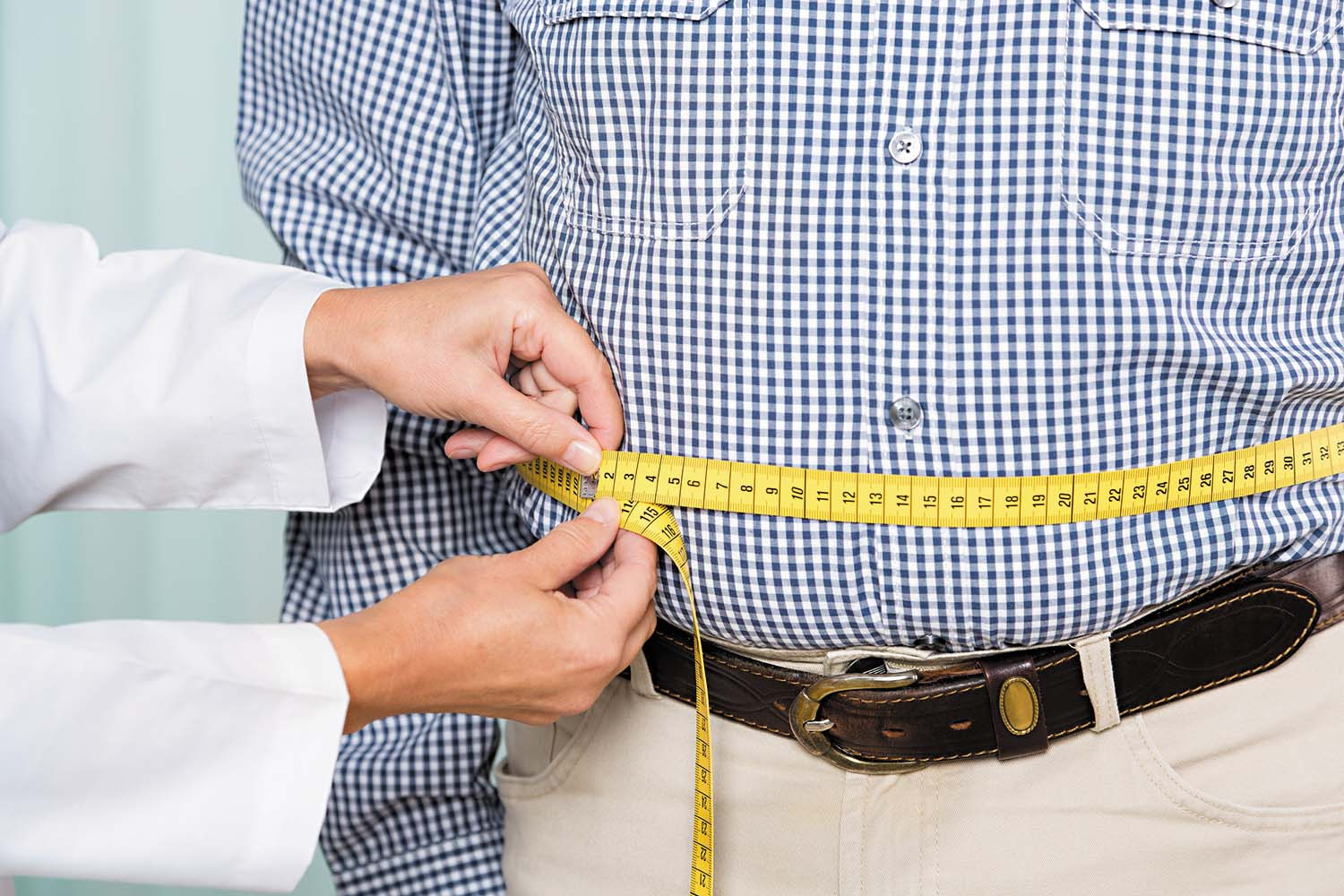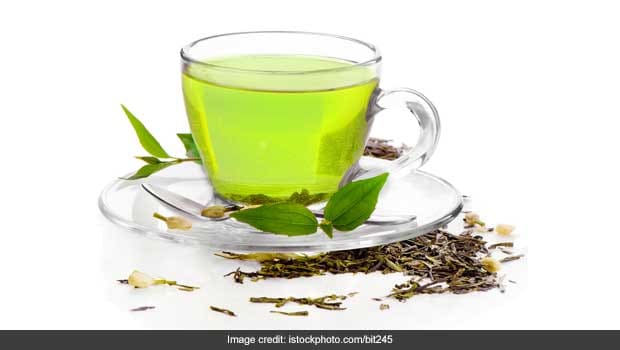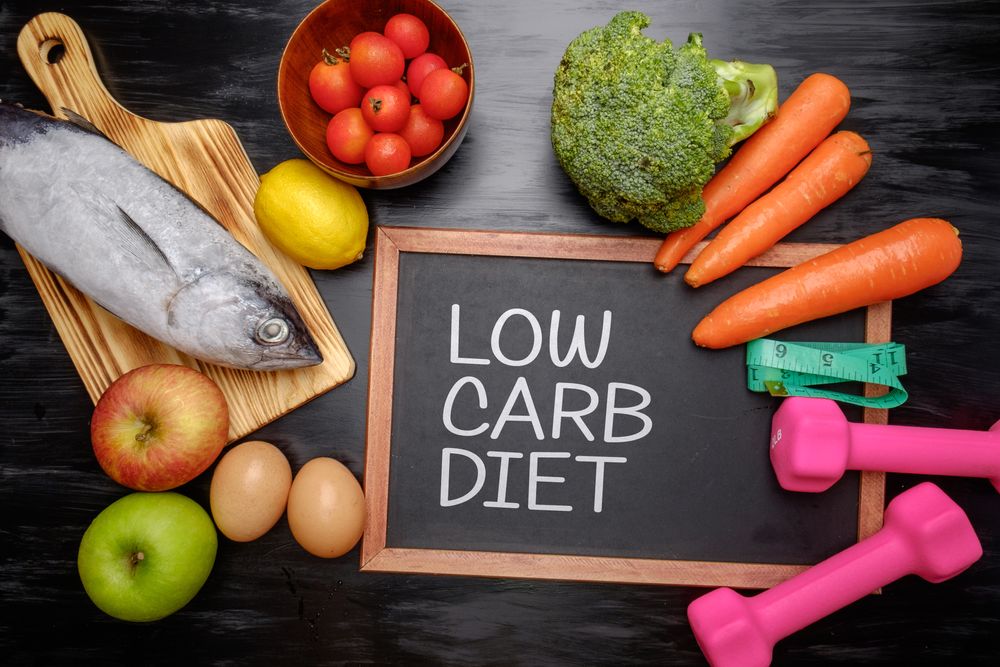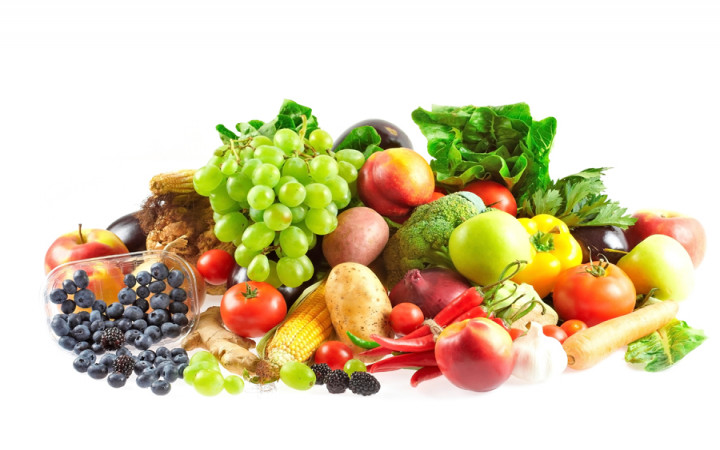The weight loss industry is full of myths. People are often advised to try to to all kinds of crazy things, most of which haven't any evidence behind them.However, over the years, scientists have found variety of strategies that appear to be effective.

1.Drink
Water, Especially Before Meals
It is often claimed that beverage can help with weight loss — and that’s true. Drinking water can boost metabolism by 24–30% over a period of 1–1.5 hours, helping you burn off a couple of more calories.

One study showed that drinking a
half-liter (17 ounces) of water about half an hour before meals helped dieters
eat fewer calories and lose 44% more weight, compared to those that didn’t
drink the water
2.
Eat Eggs For Breakfast
Eating
whole eggs can have all kinds of benefits, including helping you reduce .
Studies show that replacing a grain-based breakfast with eggs can assist you
eat fewer calories for subsequent 36 hours also as lose more weight and body
fat If you don’t eat eggs, that’s fine.

3.
Drink Coffee (Preferably Black)
Coffee has been unfairly demonized. Quality coffee is loaded with antioxidants and may have numerous health benefits. Studies show that the caffeine in can boost metabolism by 3–11% and increase fat burning by up to 10–29%.

Just confirm to
not add a bunch of sugar or other high-calorie ingredients to your coffee. That
will completely negate any benefits. You can buy coffee at your local grocery ,
also as online.
4.
Drink Green Tea
Like coffee, tea also has many benefits, one among them being weight loss.Though tea contains small amounts of caffeine, it's loaded with powerful antioxidants called catechins, which are believed to figure synergistically with caffeine to reinforce fat burning.

Although the evidence is mixed, many studies show that
tea (either as a beverage or a tea extract supplement) can assist you reduce
tea is available at most pharmacies.
5.Go
on a Low-Carb Diet
If you would like to urge all the advantages of carb restriction, then consider going all the way and committing to a low-carb diet.

Numerous studies show that
such a regimen can assist you lose 2–3 times the maximum amount weight as a
typical diet while also improving your health
6.
Lift Weights
One of the worst side effects of dieting is that it tends to cause muscle loss and metabolic slowdown, often mentioned as starvation mode. The best thanks to prevent this is often to try to to some kind of resistance exercise like lifting weights.

Studies show that weight lifting can help keep your metabolism
high and stop you from losing precious muscle mass. Of course, it’s important
not just to lose fat — you furthermore may want to create muscle. Resistance
exercise is critical for a toned body.
7.
Eat More Fiber
Fiber
is often recommended for weight loss. Although the evidence is mixed, some
studies show that fiber (especially viscous fiber) can increase satiety and
assist you control your weight over the future

8.
Eat More Vegetables and Fruits
Vege-tables and fresh fruit have many pro-perties which make them effective for loss of weight. They contain few calories but tons of fiber. The huge water products gives them few energy making

them low
fat production. Research prove that humens who eat vege-tables and fresh fruits having less weight. These foods
also are very nutritious, so eating them is vital for your health.
9.Eat
More Protein
Protein is that the single most vital nutrient for losing weight. Eating a diet has been shown to spice up metabolism by 80–100 calories per day while shaving 441 calories per time off your diet.

Research showed too that serving 26% of your daily calories as protein decrease obsessive thoughts about food by 60% while cutting desire for late-night snacking in half.Simply adding protein to your diet is one among the simplest and best ways to reduce .
10.
Get Good Sleep
Sleep
is very underrated but could also be even as important as eating healthy and
exercising. Studies show that poor sleep is one among the strongest risk
factors for obesity, as it’s linked to an 89% increased risk of obesity in
children and 55% in adults.




0 Comments